Despite global calls for cease-fire, Israel continues military attack on enclave
The much-awaited UN Security Council resolution to halt Gaza bloodshed was welcomed by the Asia-Pacific general community but resisted by Israel, which continued its military attack on Gaza targets on Tuesday.
A day after the adoption of Resolution 2728 that demands an immediate cease-fire this Ramadan, Israeli military bombed a house in Rafah, killing at least 18 people, including nine children, Al Jazeera reported.
Shortly after the resolution was passed, Israeli Prime Minister Benjamin Netanyahu canceled the planned visit of an Israeli delegation to Washington. The U.S. had requested the meeting after expressing concerns over a proposed Israeli attack on Rafah, a city in crowded southern Gaza.
"The United States has abandoned its policy in the UN today," a statement from Netanyahu's office read. "Today's resolution gives Hamas hope that international pressure will force Israel to accept a cease-fire without the release of our hostages, thus harming both the war effort and the effort to release the hostages," it said.
The Palestinian Ministry of Foreign Affairs said the resolution was "a step in the right direction" and called on the UNSC member states to fulfill their legal responsibilities to immediately implement it. They also stressed the importance of achieving a permanent cease-fire that extended beyond Ramadan, which is set to end in the Gaza Strip on April 9.
Palestinian militant group Hamas welcomed the resolution and said it stood ready to engage in an immediate swap of prisoners with Israel.
Sabri Saidam, a member of the central committee of Fatah — the largest faction of the Palestine Liberation Organization — told Al Jazeera that the consensus should pave the way for full recognition of the rights of Palestinians and the independence of the State of Palestine.
The Organization of Islamic Cooperation, or OIC, issued a statement, describing it as "an important step by the international community toward assuming its responsibility to stop the crime of Israeli aggression against the Palestinian people" that has been going on for about six months.
Arab nations, including the Gulf Cooperation Council countries — Qatar, the United Arab Emirates, Saudi Arabia, Bahrain, Kuwait, and Oman — also welcomed the latest development.
Jasem Mohamed Albudaiwi, secretary-general of the Cooperation Council for the Arab States of the Gulf, said he hoped the UNSC decision would lead to alleviating the suffering of the people of Gaza and called on Israeli forces to immediately comply with the resolution.
Arab League Secretary-General Ahmed Aboul Gheit emphasized that the adoption of the resolution signifies a notable shift in the international stance toward the aggressive Israeli military campaign in Gaza.
Notable shift
He said the shift was highlighted by the U.S. choosing not to use its veto power, as he underscored the need for collaborative international efforts to effectively implement the resolution in a form that brings an end to the ongoing bloodshed.
Australian Foreign Minister Penny Wong, in her social media post, said, "Australia welcomes today's UN Security Council resolution." And, "all parties to the conflict must comply with this resolution".
Haydar Oruc, a former researcher at the Center for Middle Eastern Studies in Turkiye, said the UN eventually adopted a resolution "thanks to the abstention of the United States".
"Although this decision was taken very late, it is truly hopeful as it is the only way to end the massacre in Gaza," said Oruc.
"The U.S.' change in attitude is not about ending the suffering of the Palestinians, but about Biden's disagreement with Israeli Prime Minister Netanyahu," he added.
Ayman Yousef, a professor of international relations at the Arab American University in Jenin in the West Bank, said he felt the resolution was "weak".
"But it can put more pressure on Israel to be more realistic to be more pragmatic when it comes to their future negotiations," Yousef said.










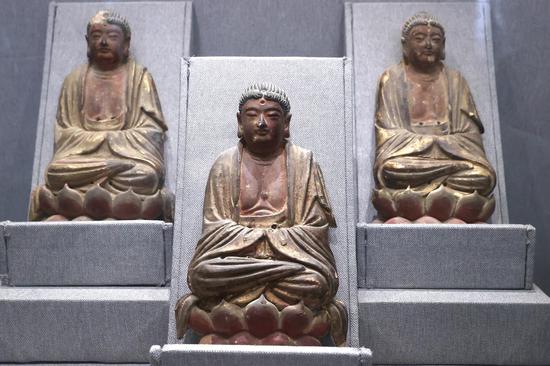

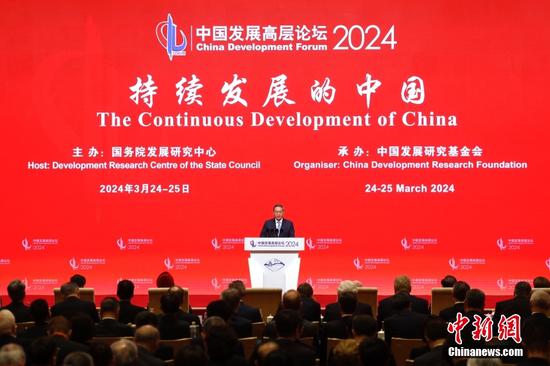

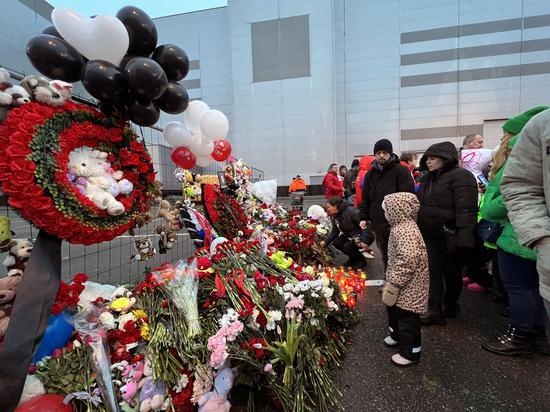

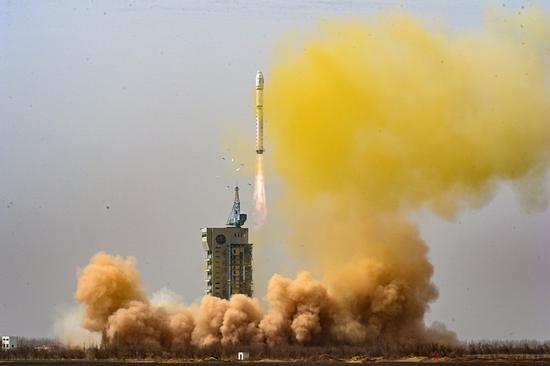





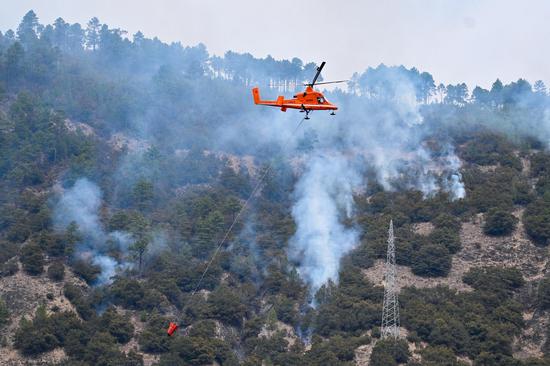

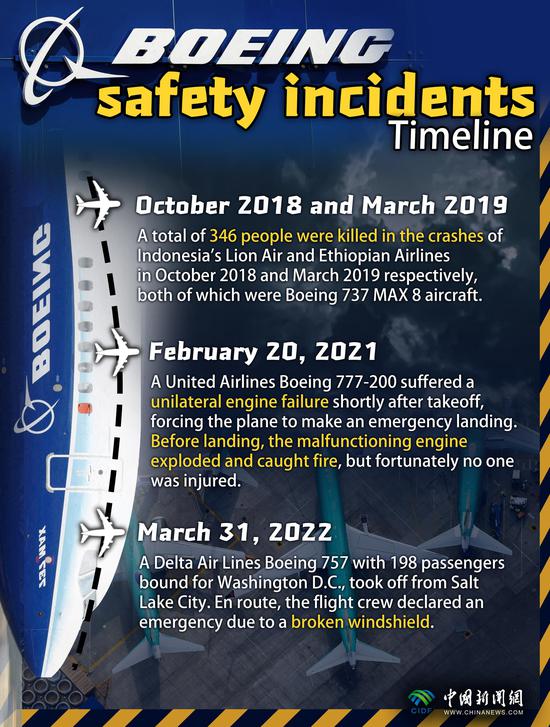
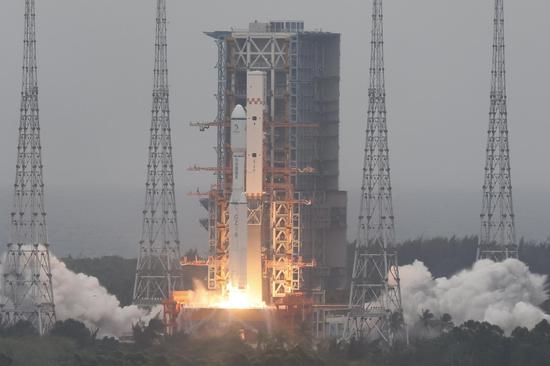


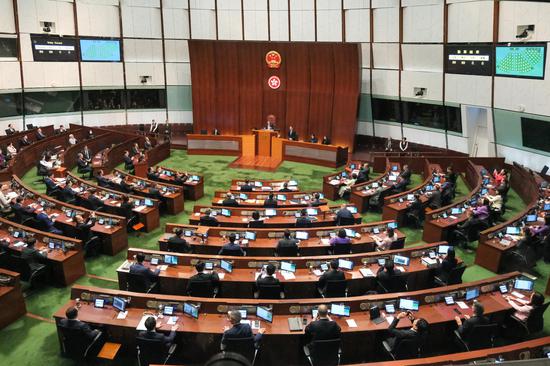






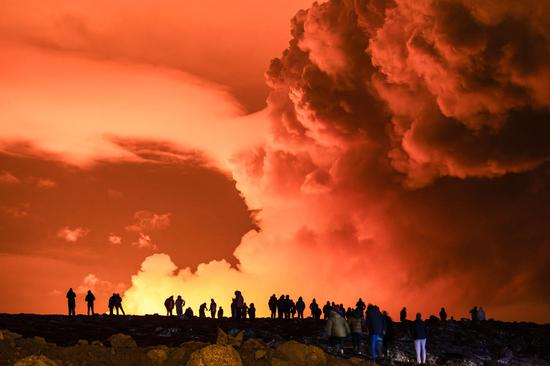
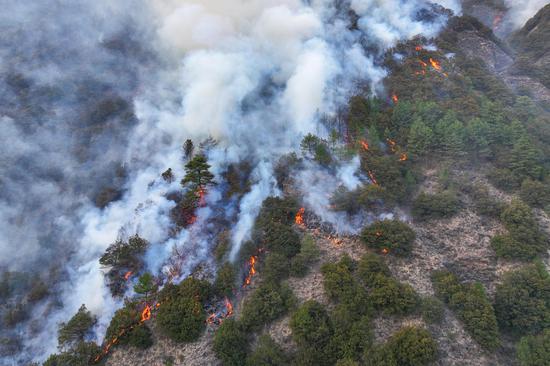
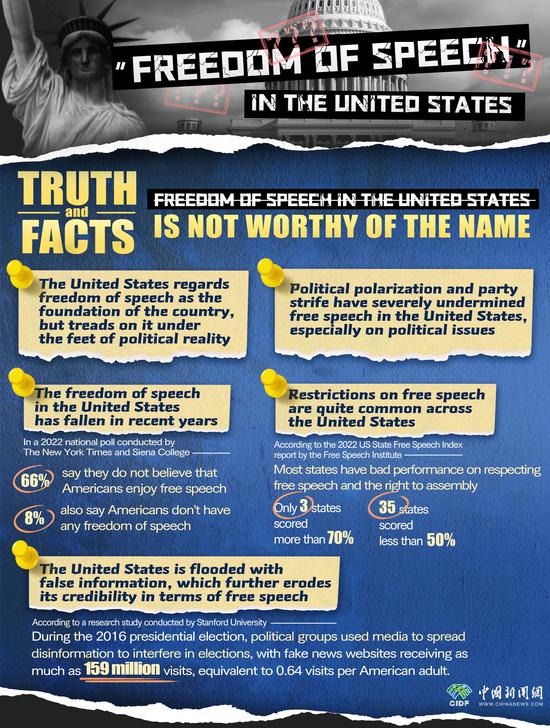
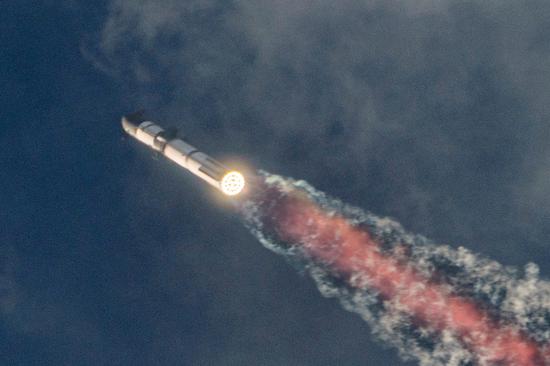


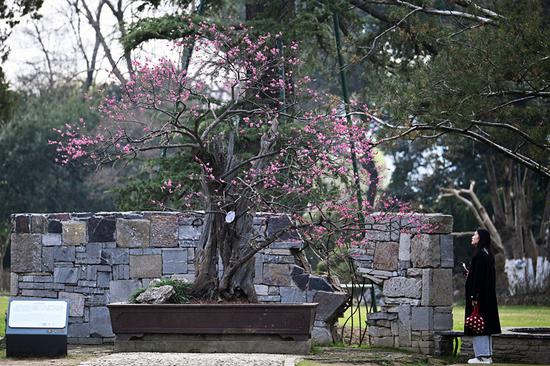








 京公网安备 11010202009201号
京公网安备 11010202009201号